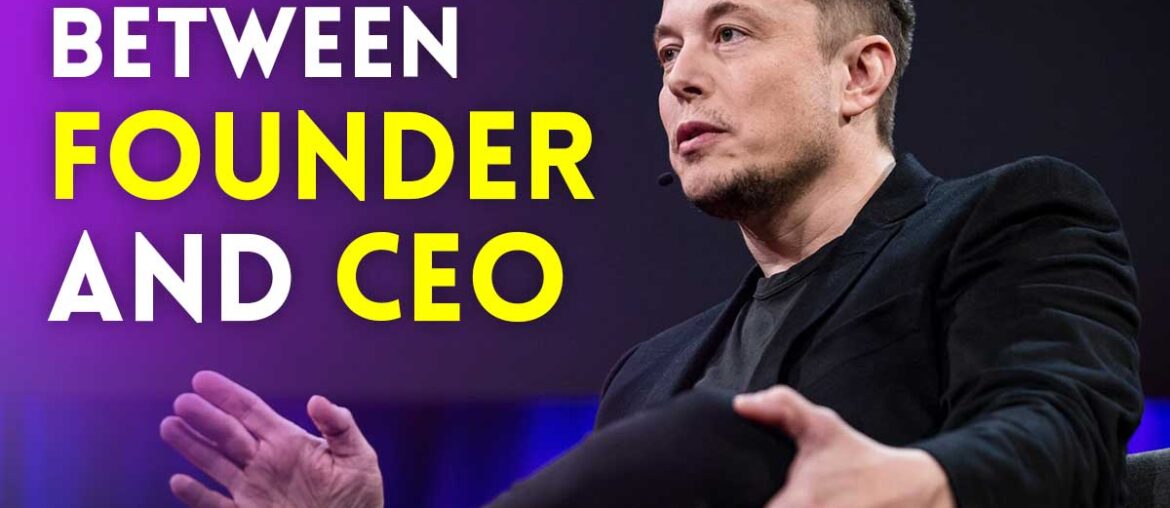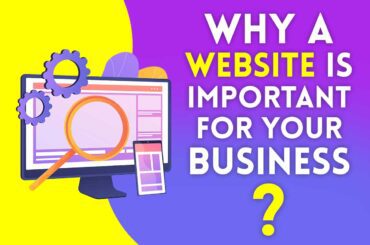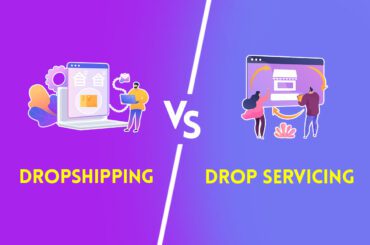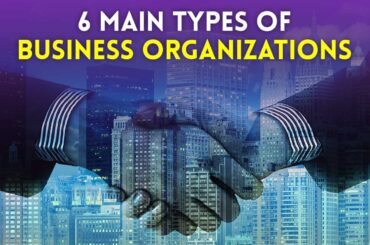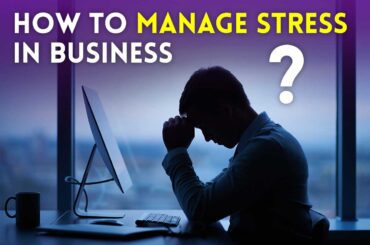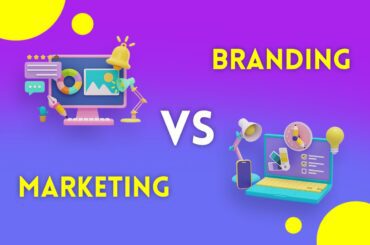Are you confused with different business terminologies that are being used in the industry, and you don’t know the difference between, for example, a CEO and a founder? Then you are at the right place.
It might be challenging to understand business terminology. There are many roles to consider, including those of the founder, CEO, vice president, managing director, CTO, and CFO.
To manage your company’s hierarchy, especially for startups, you need to understand these roles. That is how the business sees you and your team members.
You must also determine when and how they operate. For instance, will you lease office space, or will your distributed team members work remotely from home? If the latter, you’ll need to plan how you can remain reachable to your employees as a founder or CEO.
You might have many questions now like: What is a CEO? For example, you might have heard people say the CEO of Amazon, the CEO of Google, CEO of Apple, who are founders? As you might have heard, the founder of Facebook, founder of Gucci, founder of KFC,
Don’t worry. We will cover your questions in this article, so without a do, let’s get started.
What Is A Founder?

Let’s first take a look at each definition to help us grasp the differences between a founder and a CEO.
One who establishes their own business is referred to as a founder. They are the ones who had the company idea and carried it out. For instance, the founder that comes to mind the easiest is certainly Jeff Bezos, founder of Amazon. Even though Amazon now ships goods all over the world, it was once only a small garage-based bookstore.
A founder must raise money, provide resources, and advertise the company. In contrast to a CEO, the business’s founder will never change, even if they leave.
What Are The Main Responsibilities Of A Founder?
1. Construct A Business Plan
The majority of well-thought-out firms start with a business plan, and frequently, it is up to the creator of the company to see to it that one is written. The executive summary, a description of the company’s business model, a market study of the goods and services your organization offers, an operational plan, a marketing and sales strategy, and a comprehensive financial plan are the essential components of an efficient business plan.
2. Describe Mission And Vision
Startup businesses are frequently created as a result of a specific product concept or service that the entrepreneur intends to provide to clients. To keep their team members and employees united and focused on how they can best serve their consumers, founders are frequently responsible for deciding the company’s goal and vision in addition to deciding what items to offer.
3. Create The Board Of Directors
In the early phases of a company, the founder is frequently responsible for selecting both the type of governing body or board and its members. The founder of the company may be in charge of the board’s interaction with the company once it has been established.
4. Recruit Executives And Staff
A new company’s founder is also in charge of putting together a staff that can carry out their idea. This often starts with an executive team that can supervise important business operations as well as staff members who are in charge of carrying out product plans and delivering the finished product to customers.
5. Initial Investment
Any initial capital required to launch the business belongs to the company’s founder. Until the business starts generating enough revenue to pay expenditures, this could entail appealing for loans or finance, seeking grants, looking for venture capital, or utilizing their own personal assets to fund the startup costs.
What Are The Essential Skills To Be A Founder?
1. Vision
An entrepreneur with vision is one who can predict future business prospects by observing current trends. These patterns help to identify the direction of the market. As the founder, it is your duty to convince others to evaluate and support your long-term goals. However, you’ll need to demonstrate additional abilities to your audience in order to earn their trust. You can do this by using your confidence, strategic thinking, leadership skills, and passion.
Visionary leaders are also capable of predicting how consumers will respond to upcoming goods and services. They are prepared with the right remedies before serious problems develop to prevent losses for the company.
2. Effective Communication
Effectively communicating your thoughts, solutions, and ideas to your team doesn’t seem like it should be that difficult. Until you’re anxious or in a challenging position, that is.
Entrepreneurs frequently come up with game-changing concepts and pinpoint the solutions required to meet market demands. Their efforts might not, however, be worthwhile if they are unable to communicate their business solutions precisely enough.
If you want people to follow you, you’ll need to be able to communicate better and explain important ideas, such as why your company is superior to the competition, why your employees should stay with you, and why the future is more promising than your team believes it to be, and so on.
3. Resourcefulness
The capacity to solve problems quickly and cleverly is referred to as resourcefulness. It indicates that you complete tasks. This has nothing to do with your capacity for inspiration, self-discipline, or communication. Your company will surely collapse if you can’t manage your daily issues and deal with unpredictability.
A resourceful businessperson is a patient person. To produce consistent solutions, they wring every last drop of creativity from themselves. Such inventiveness never runs out. It continues throughout the course of the company’s operations.
4. Management And Leadership Capabilities
During the startup phase, founders have many hats to wear. They act as managers and leaders. Unfortunately, business owners without management and leadership abilities will be unable to handle the enormous amount of tasks at hand.
Nobody is going to organize, inspire, or motivate your team for you as a leader. Therefore you’ll need to do it yourself. You are in charge of fulfilling obligations, managing expectations, and managing tasks.
The effectiveness and productivity of their team are increased by great founders’ development of deep bonds with their team members. Additionally, they reinforce the company’s foundation. To accomplish this, you must demonstrate to your team that you value them, that you care about them, and that they can always turn to you with any problems they may be experiencing.
5. Focus
New business owners often face a storm of information. Numerous things will be on your to-do list, and you’ll experience stressful situations that won’t go away unless you’re able to get over them. That’s when the strength of focus comes into play, a critical ability that must be regularly maintained.
Creating a startup is frequently more challenging than maintaining an operational company. During the early phases, founders must concentrate on the duties and responsibilities that actually matter. Beginning a business requires consideration of a number of factors, including:
- Branding\s Revenue
- Validation of products and services and market fit
- Customers
- assembling a skilled team
You must give each of these things a ton of attention. Your startup has the potential to fail if your mind is untrained and your thoughts, emotions, and actions are disorganized.
Now you guys have a clear idea about a Founder, Now let’s change our tract to CEO
What Is A CEO Mean?

The highest-ranking executive in an organization is the chief executive officer (CEO). They typically collaborate with a founder to implement the plan of action and the vision of the company.
In addition to communicating with the board of directors and investors, a CEO must assign duties. Even though it carries a lot of responsibility, the job of the CEO is frequently sought because they hold the most important position in the company and benefit from it.
A few founders also serve as CEOs. For instance, Steve Jobs was both the founder and the CEO of Apple. Tim Cook has since been named CEO of Apple in his place following his passing.
Despite the fact that every company has a founder, not every founder must also serve as the CEO.
What Is The Role Of A CEO?
1. Establishing And Carrying Out Organizational Strategy
The CEO is responsible for making decisions about, among other things, potential new markets, new product lines, competitive advantages, risk mitigation, and opportunity spotting.
They will rely, as with anything in an organization, on a lot of information and input from senior leaders as well as guidance and opinion from the Board of Directors, but the CEO is the one who has operational control over strategy and execution.
2. Defining The Corporate Culture, The Values, And The Vision
The CEO’s goal, vision, and values will ultimately determine the course that the corporate culture takes. While there are many aspects of corporate culture that are organic in nature, these characteristics are many times influenced by the CEO.
Every decision they take (or don’t take) must be carefully considered by the CEO because the entire organization is watching. Even choices like what they wear or how they choose to show themselves and interact with other employees will influence the rest of the business.
3. Effective Communication With All Stakeholders
The CEO is the organization’s public face. They might be representing the business before members of the public, the media, legislators or other regulators, staff members, clients, vendors, or any other number of people with an interest in how the business is run.
It’s crucial to communicate the fundamental aspects of the purpose, vision, and values, but it’s much more important to live by these principles. The CEO is never truly “off duty” since there is always someone looking over their shoulder.
4. Construction Of The Senior Leadership Team
Successful CEOs are able to attract top personnel to their companies. While they are not in charge of selecting or firing each and every employee, they are in charge of assembling and managing the executive leadership team, who in turn select and manage upper and middle management within their respective divisions.
The Chief Financial Officer (CFO), Chief Operating Officer (COO), and any other C-suite positions that may exist make up the executive leadership team, depending on the structure of the firm (Chief Risk Officer, Chief Technology Officer, Chief Strategy Officer, Chief Investment Officer, etc.)
However, in most cases, the board really defers to the CEO’s recommendation(s). In many firms, the board will have the final (formal) say in hiring decisions at the C-level.
5. Making Decisions About Capital Allocation
The CEO is ultimately responsible for setting and managing the organization’s total budget in order to successfully carry out strategic plans, even though divisional and departmental managers may be in charge of their particular budgets.
The CEO will also offer advice on whether (and how) to seek capital and how to make the most of extra cash. Among the tactics are paying off debt, distributing money as dividends or share repurchases, or reinvesting in the company.
What Are The Essential Skills For A CEO?
1. Should Have A Clear Understanding Of Technology
The nature of work has changed fundamentally as a result of the tech boom. Technology takes center stage. The future leader will be not only an administrator and manager but also an expert in “computational thinking.”
He must have the capacity to work with and evaluate enormous amounts of data. More issues with data management, privacy, and conflicts will be brought about by Technology. Solving them should be the manager’s responsibility. Without a thorough understanding of how Technology operates, these tasks are impossible.
2. Growth Mindset
Do you, as the CEO, merely concentrate on having your staff carry out tasks and produce the predetermined outcomes, or do you push them and provide them with opportunities to learn more and produce greater results later? The terms “fixed” and “growing” may have already come up in conversation.
The senior leaders with a fixed mindset are more concerned with the results and the figures than the senior leaders with a development mindset, who are more concerned with the process and continually exceeding the initial objectives.
Naturally, you must keep an eye on your figures, but cultivating a growth mindset allows you to assemble a group of responsible and fearless adventurers who, in the end, outperform the projections because they are eager to learn, grow, and discover chances.
3. Openness
The senior leader must take all precautions to preserve the privacy of the business. The market trend toward openness and transparency should be maintained, on the other hand.
Companies must maintain current records of their operations, engage in the greatest possible staff contact, and maintain social media and instant messaging channels for partner and customer connections.
Managers struggle to decide whether to be open or protective as a result. Finding a balance between protecting employee privacy and not keeping facts hidden from the team is something you need to learn.
4. “Soft Skills” At An Advanced Level
A CEO must possess sociability, teamwork, the ability to learn new things, inventiveness, time management abilities, erudition, and effective communication abilities. You will urgently need these abilities for you and every member of your team if you want to hire the most competent workers in the upcoming years.
A successful CEO’s skill set and background in 2022 will have the capacity to swiftly traverse, readjust, be adaptable and approachable, and comprehend technologies. Now is the time to learn them. Those who are not frightened of problems and changes will succeed during the next five years.
5. Collaboration
Right now, unilateral action and decision-making are dangerous and unwise. In contrast, collaboration adds more viewpoints and perspectives to every circumstance.
Therefore, collaborating with your coworkers (teams, senior management, and the board of directors) aids in the discovery of fresh concepts and approaches for the project. Isolation robs your firm of the ability to advance because if you listen to the team you have assembled and now trust, your business will grow more quickly.
How Do A Founder And Ceo Differ From One Another?
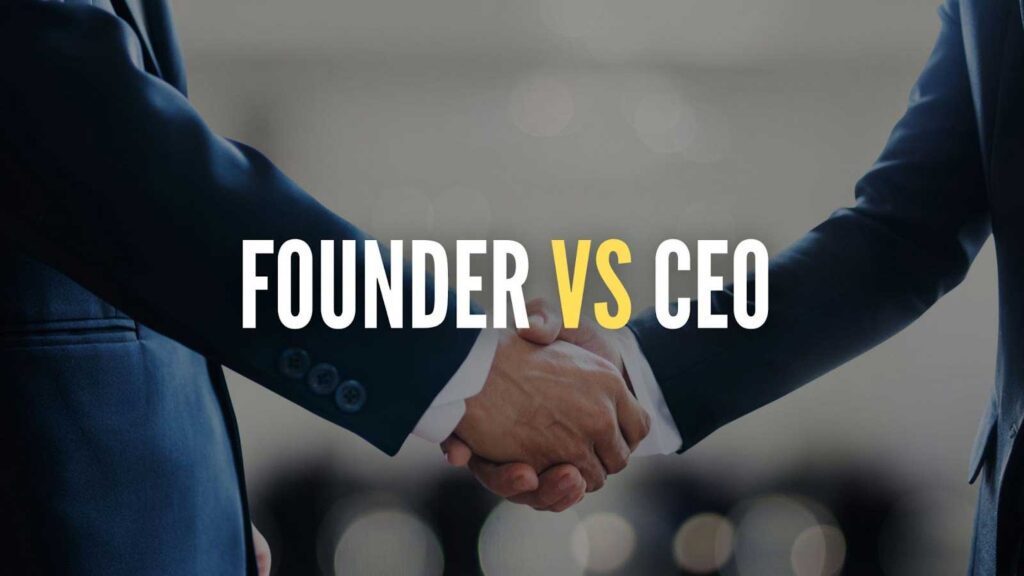
Now you might be thinking, “what is the difference between founder and CEO”? Let us answer.
The CEO and the founder are not the same while playing equally important roles in a successful business. The founder, who created the company, has the authority to appoint a CEO later on.
The responsibilities of a founder and CEO jobs are one of the main differences. A business owner must first select what title to offer himself and any other employees before they can start making plans for their organization. They should also define goals and write a business plan. On the other side, the CEO must oversee the talent pool of the workforce and support business expansion.
Conclusion
There is always a founder or co-founders, notwithstanding the differences in corporate formats. The business hierarchy may then evolve when new positions are added as the company expands.
It’s up to you to determine whether you believe it’s essential for your small firm to have separate responsibilities at this early stage or whether you can take on both now that you know the ins and outs of a founder vs. CEO.
In the future, you might decide to choose a new CEO; if so, make sure they are enthusiastic about your company and its objectives. Because despite the positions’ differences, they can drastically change a company’s direction, hopefully leading to even greater success.
